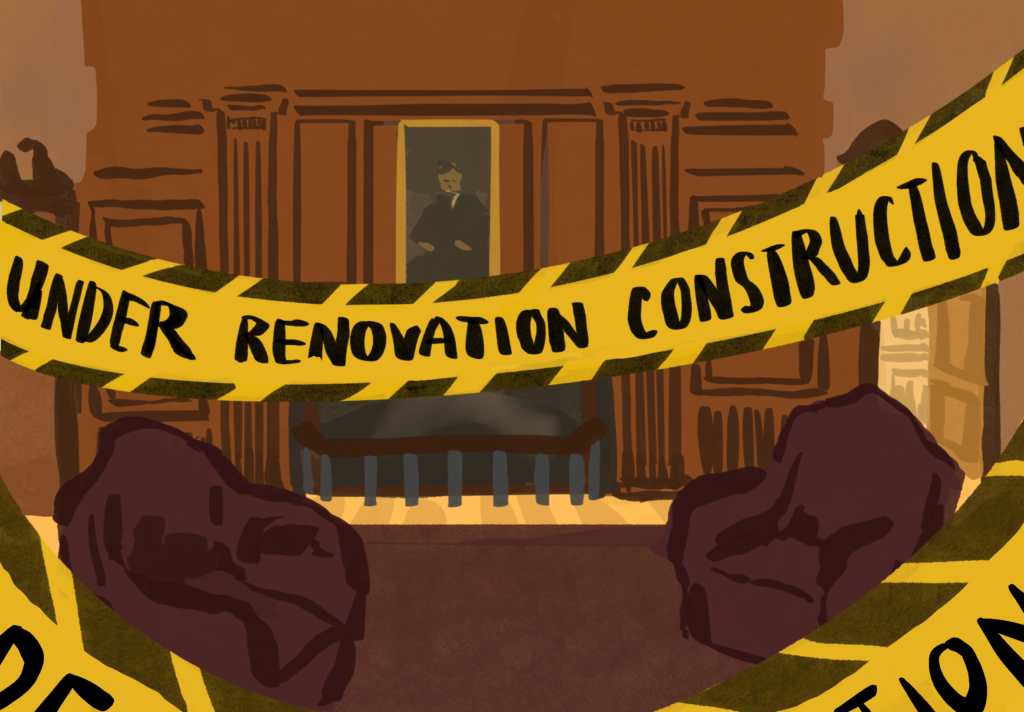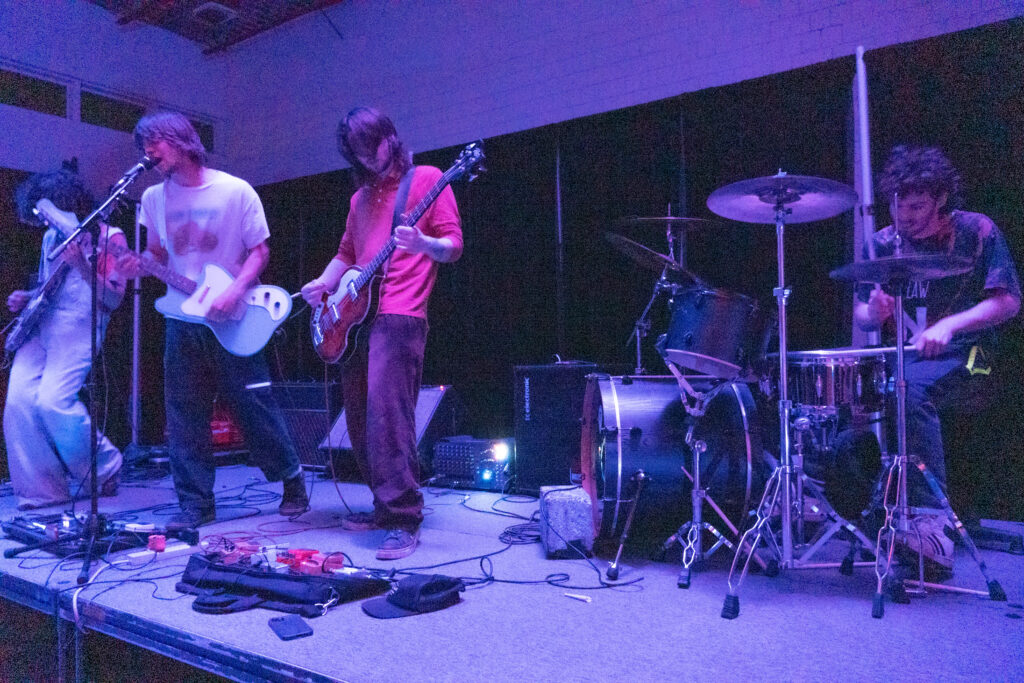Henry Kops ’22 was awarded the HPRSS’s Javits Prize for his outstanding performance in humanities. Named after ambassador Eric M. Javits ’48, the award is given to a student who demonstrates their excellence in the topic of American foreign policy. The prize includes a series of books on current issues and important personalities in American politics. Among the rest of the nominees, Begum Gokmen ’23 and Gonzalo Castillo-Nunez ’22 received honorable mentions.
Castillo-Nunez’s essay focused on the 1953 CIA intervention in Iran, where the CIA overthrew the government after it took away Western Oil Well control. Castillo-Nunez picked this topic because he knew from the start that he wanted to do something about espionage and covert operations; hence, he started researching the CIA. “I ended up choosing the one in Iran because I love learning about different cultures, and I knew next to nothing about Iranian history,” he said.
Gokmen’s essay explored risk mismanagement as the greatest threat to American national security. She was drawn to this topic after noticing a recurring theme within American foreign policy to prioritize ecnomic and political interests over effective diplomacy. Focusing on both the domestic and international factors that enable risk mismanagement, she specifically highlighted the core influences of American exceptionalism and domestic political polarization that continue to shape the formation of policy targeting America’s existential risks.
Kops’s essay focused on the Cold War Jazz Ambassadors. These ambassadors were some of the most famous jazz musicians, and they were hired by the US to travel across the world as cultural diplomats. Yet, there was controversy around whether the government exploited the musicians, who were primarily African Americans, to cover up the racism in America, or whether the musicians were using their platform to incite change.
Kops chose the topic because he knew it would sustain his interest throughout the months of reading and writing. “It was during a normal homework reading that I was confronted with my idea. It was one sentence that said something like, ‘The US used cultural diplomats during the Cold War, such as pop stars, jazz musicians, and other artists.’” Kops’s inner jazz musician became curious, and after he watched a 2018 National Public Radio documentary titled “The Jazz Ambassadors,” he knew that the ambassadors would be his perfect topic. After a long and arduous drafting process, he finished the essay that went on to win him the prestigious prize.
HPRSS Department Head Ms. Kyra Jenney explained their decision to award Kops’s essay the prize. She said, “Henry’s essay stood out because of its effective balance of evidence and analysis. He had strong arguments that dug into key aspects of the history of the Cold War Jazz Ambassadors program. She emphasized the one-of-a-kind connections he made between the Cold War and the music of that time period, such as specific song lyrics and performances of different Jazz Ambassadors. “He presented a nuanced analysis of this program that looked at how it was both exploitative on the part of the U.S. government while also effective in that the Jazz Ambassadors were able to share, on the global stage, the realities of U.S. life, and particularly the Black experience at the time,” said Ms. Jenney.
Serving as the ultimate recognition for outstanding works in humanities like Kops’s, the Javits Prize has encouraged students to take initiative in exploring and researching more about American foreign policy.



